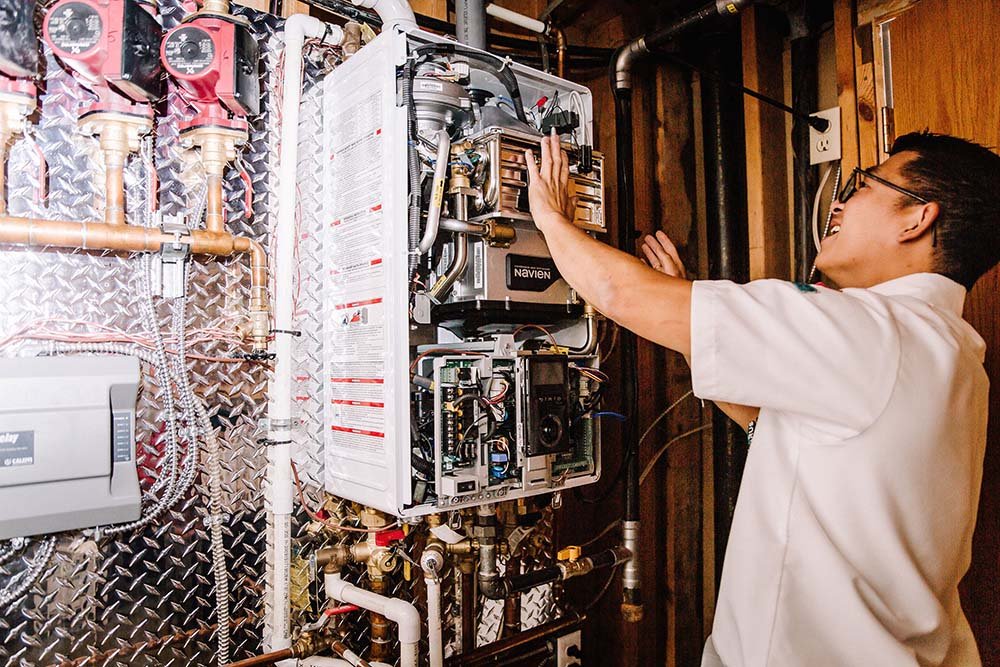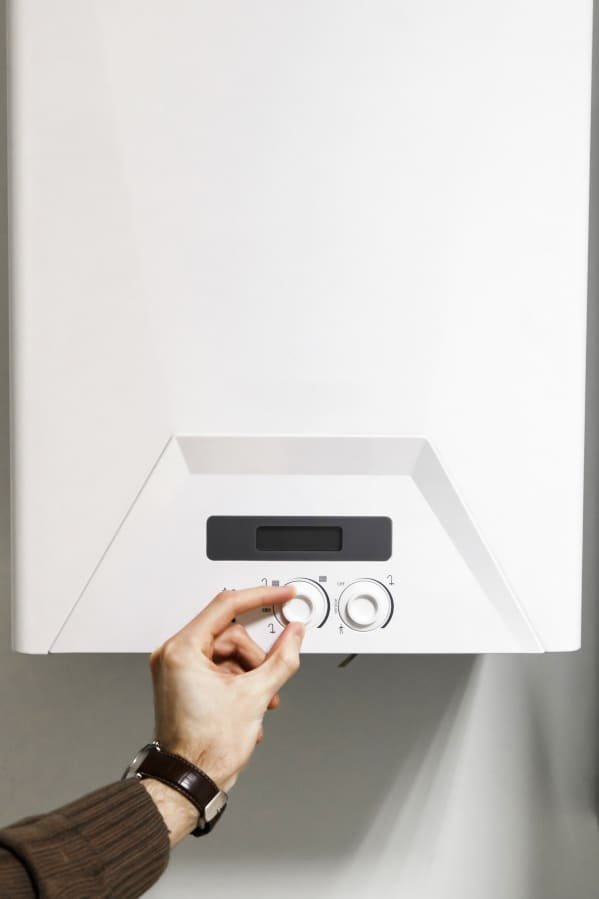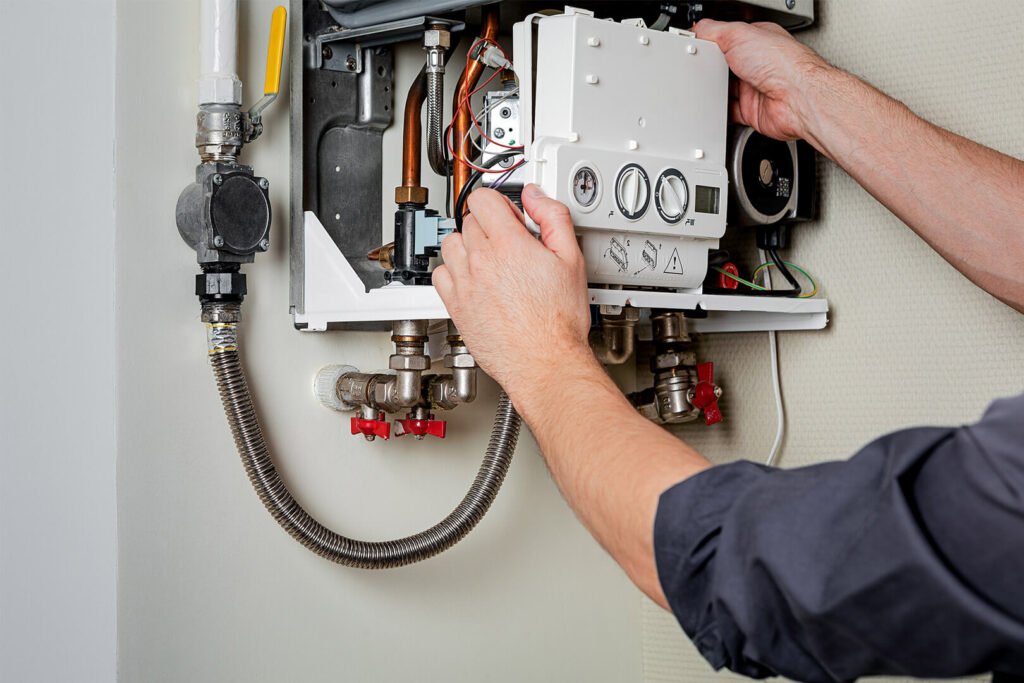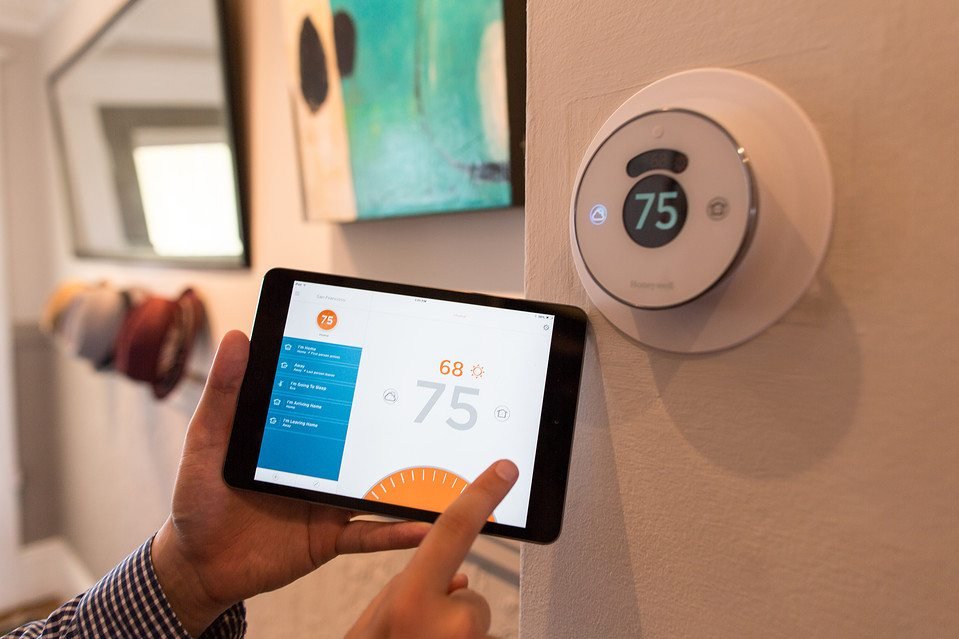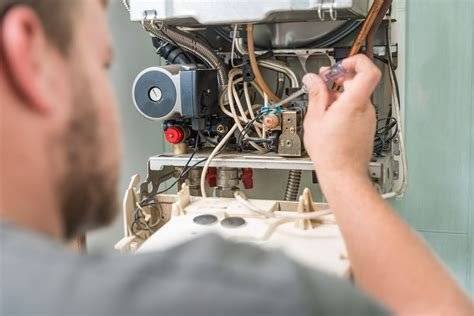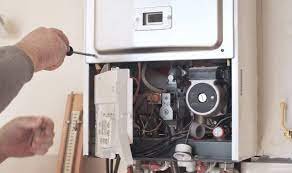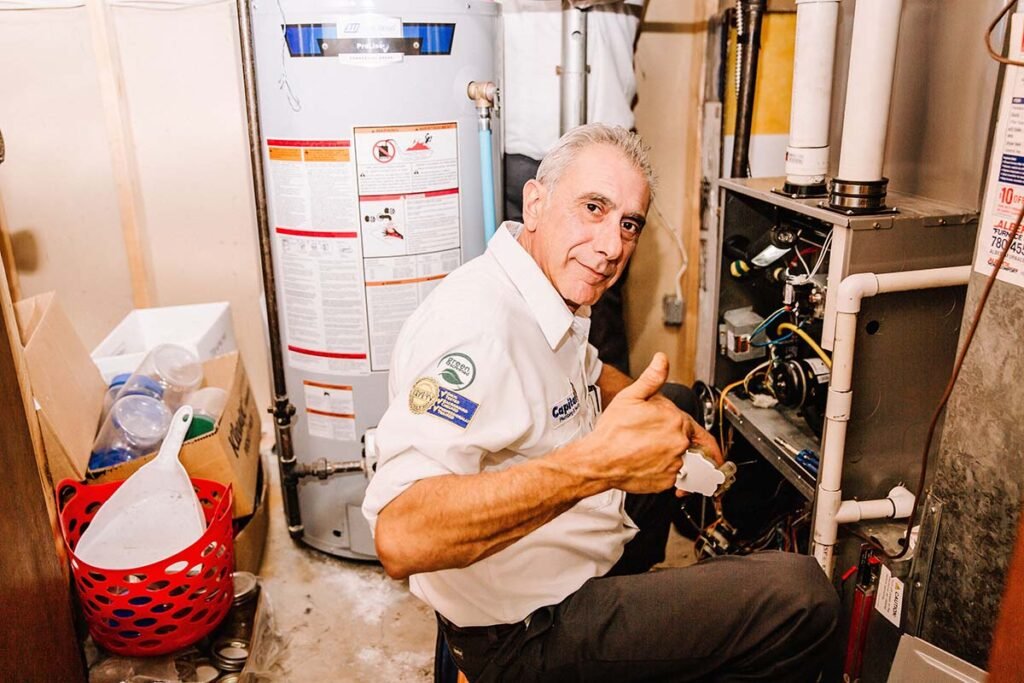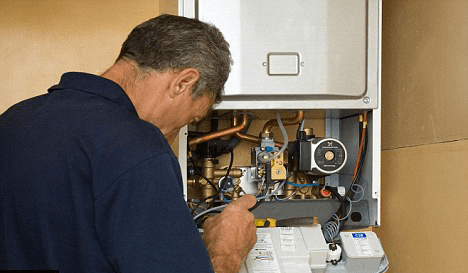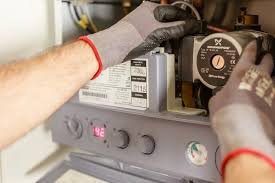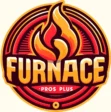Furnace Installation Namao - Your Reliable Heating Experts
Furnace Pros Plus is your trusted partner for all your heating requires. With years of experience, we concentrate on providing first-class heating solutions to keep your home warm and comfy. Our group of competent service technicians devote themselves to supplying specialist heater installation, upkeep, and repair services. We comprehend the importance of an effectively operating heater, especially during the colder months. We prioritize performance, cost, and customer satisfaction in every task (big or small). Whether you require a new heater, a routine check-up, or emergency situation repair work, rely on Furnace Pros Plus for trustworthy and efficient heating services that ensure comfort and convenience.
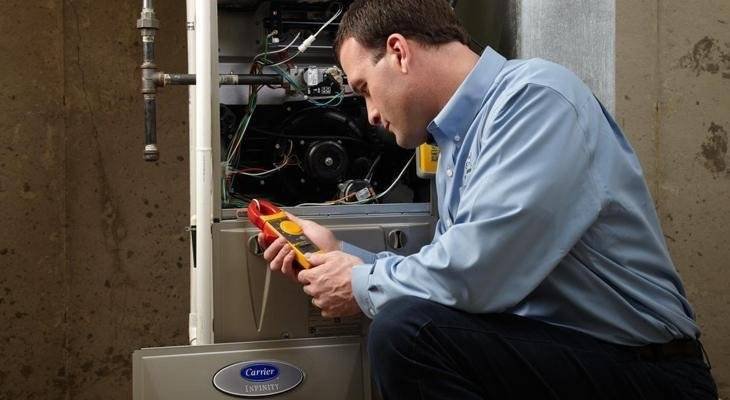
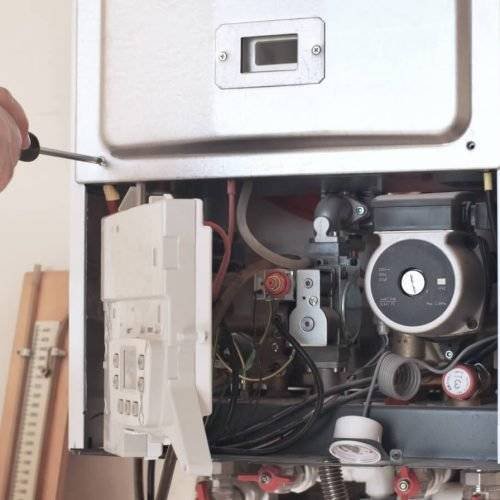
Who Are We?
Residential Heating Replacements & Repairs
At Furnace Pros Plus, we are Namao’s premier location for all your domestic heater setups. With a devotion to excellence and a passion for guaranteeing your indoor benefit, we have become a relied on name in the heating industry.
Got a furnace emergency situation? Contact us 24/7 at (587) 409-5683
For several years, we have dedicated ourselves to offering first-class heater installations, tune-ups, and repairs to homeowners in Namao. Our group of exceptionally competent service technicians boasts thorough experience and knowledge in managing a wide range of heaters, making us the go-to experts in Alberta.
Connecting to heater services, we take pride in offering efficient and trustworthy services, customizing our solutions to your specific requirements. If you require a new heating unit for your residence, our group will guarantee a smooth installation that ensures your home remains comfy and warm.
Routine tuneups is essential to the durability and performance of your heating unit, and we offer detailed tune-up techniques to keep your heating system running smoothly. Our dedicated specialists perform thorough evaluations, recognizing and dealing with any possible problems without delay.
In times of unanticipated breakdowns, our swift and efficient repair work services are here to rescue you from the cold. We comprehend the urgency of heating emergency situations and are readily available to supply instant assistance.
At Furnace Pros Plus, we are more than simply a heating business; we are your partners in producing a comfortable and warm environment for your house in Namao. Trust us for extraordinary service, quality craftsmanship, and a devotion to your full satisfaction. Your comfort is our concern, and we look forward to serving you.
How can we help you?
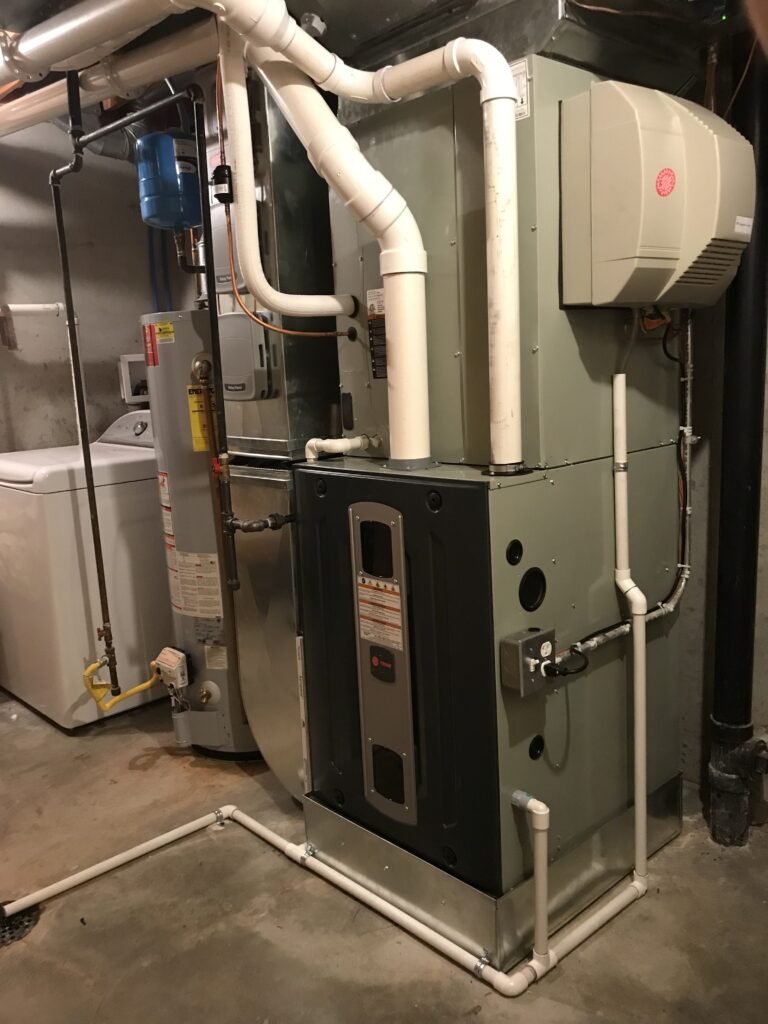
Comprehending the Cost of Installing a Modern Furnace
Introduction
An operating heater is necessary when it pertains to keeping a comfy and warm home during the colder months. Nevertheless, there comes a time when setting up a new heater is inevitable.
Comprehending the costs involved in this process is essential for house owners to plan and spending plan appropriately. This thorough guide explores the various factors affecting the cost of setting up a new heater.
Elements Influencing Heater Setup Costs
Kind of Furnace:
- Gas Furnaces: Popular for their performance, they typically cost more in advance however use lower operating costs.
- Electric Furnaces: They are cheaper than gas heaters. Nevertheless, electric models tend to have greater operational costs due to electrical power rates.
- Oil Heating systems: These are less common and can be more costly due to the cost of oil.
Heater Size and Capability
- Square Footage: The size of your home directly impacts the capacity required for the heater.
- BTU Ranking: Higher BTU rankings correspond to more powerful heaters, which can increase the cost.
Performance Scores
Yearly Fuel Utilization Performance (AFUE):
Higher AFUE rankings indicate better performance however likewise featured a higher cost.
Brand and Quality
Top-tier brands frequently command greater rates due to their reputation for quality and longevity.
Installation Complexity
- Existing System: Updating from an old system might require additional work and cost.
- Ductwork: The condition and layout of existing ductwork can affect installation intricacy.
- Ease of access: Hard access to the installation website can increase labour costs.
Labour Costs
Labour costs vary by region. In addition, the intricacy of the installation can affect labour costs.
Additional Costs to Consider
- Permits: Some regions require licenses for heater installation.
- Inspections: City laws might require post-installation examinations for security compliance.
- Thermostats: Updating to a clever thermostat can incur additional costs.
Average Cost of Heater Installation
While rates can vary widely based upon the factors discussed above, here are some typical cost varieties for heater installation:
- Gas Heating systems: $2,000 to $5,000.
- Electric Furnaces: $1,000 to $2,500.
- Oil Heating systems: $2,500 to $6,000.
These are rough price quotes and can vary based upon particular home requirements.
Cost-Saving Tips.
Research and Compare.
Get multiple quotes from different specialists to ensure competitive rates.
Seek Rebates and Rewards.
Look for energy performance refunds provided by energy business or federal government programs.
Consider Long-Term Cost Savings.
Buying a more efficient heater can reduce energy expenses with time.
Conclusion
Setting up a new heater is a considerable financial investment, and comprehending the costs involved is necessary for any homeowner. By considering the type of heater, installation intricacy, labour costs, and additional expenditures, house owners can better get ready for this necessary upgrade. Remember to look for multiple quotes, check out readily available refunds, and think about long-lasting energy savings when deciding.
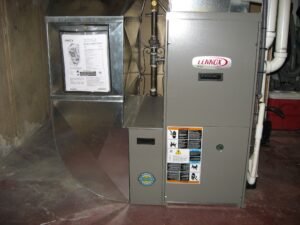
The Right Size Heater for Your Home: A Comprehensive Overview
Introduction
Selecting the best size heater for your home is essential for making sure efficient heating and convenience during the colder months. A heating system that’s too small will not keep your home warm, while one that’s too big can trigger unnecessary energy usage and irregular heating. This guide will assist you figure out the ideal heater size for your home.
Comprehending Heater Sizing: BTU and Performance
We measure the size of a furnace in British Thermal Units (BTU). One BTU is the energy required to raise the temperature of one pound of water by one degree Fahrenheit. When selecting a furnace, 2 crucial factors play a role: the BTU ranking, suggesting the heater’s heating capacity, and its performance ranking, determined in Yearly Fuel Utilization Performance (AFUE).
Computing Your Home’s Heating Requirements
You need to compute your home’s heating requires to figure out the correct heater size. The computation thinks about factors like square video footage, climate zone, insulation quality, window type, and home layout. Typically, you require roughly 30-60 BTUs per square foot. Nevertheless, this varies based upon your home’s particular qualities.
Climate Zone and Its Impact on Heater Size
Your geographical area significantly influences the heater size needed. Houses in colder areas, such as [area], require more BTUs per square foot than those in milder climates. Speak with a heating specialist for particular suggestions.
The Role of Home Insulation in Heater Sizing
Excellent insulation reduces the amount of heat loss, indicating you can opt for a smaller heater. Evaluate your home’s insulation in the walls, attic, and windows. Updating insulation can be an economical way to reduce heating needs.
Considerations for Different Kinds Of Furnaces
There are various types of heaters, like gas, electric, and oil. Each type has special sizing factors to consider. Gas heaters prevail and efficient, electric heaters are more uncomplicated and much safer however frequently more costly to operate, and specialists set up oil heaters where gas isn’t readily available.
Value of Expert Heating And Cooling Evaluation
A professional HVAC evaluation is indispensable. Specialists think about all variables, including ductwork and home layout, to advise the optimal heater size. They can perform a Manual J computation, the industry requirement for figuring out heating and cooling loads.
Energy Performance and Cost-Effectiveness
Selecting a furnace with a high AFUE ranking is essential for energy performance and cost savings. Modern heaters have AFUE rankings in between 80% and 98%, suggesting the portion of fuel converted into heating. While high-efficiency heaters are more costly in advance, they can lead to considerable savings in the long run.
Dealing With Typical Misconceptions About Heater Sizing
A typical misconception is that a larger heater is constantly better. Nevertheless, an oversized heater can lead to brief biking, where the heater regularly switches on and off, lowering performance and lifespan. Conversely, a small heater has a hard time to heat your home effectively.
Long-Term Benefits of the Right-Sized Furnace
Picking the right-sized heater has long-lasting benefits, including constant convenience, lower energy expenses, lowered carbon footprint, and less upkeep problems. It’s a balance in between in advance costs and long-lasting savings.
Summary: Making an Educated Decision
Selecting the best size heater is a choice that impacts your home’s convenience and energy performance for years to come. By comprehending the essentials of heater sizing and seeking professional guidance, you can make an informed choice that makes sure optimal heating for your home.
Remember, the secret to an effective and comfy home lies in selecting the best heater and routine upkeep and considering other factors like insulation and climate. With this thorough guide, you are well-equipped to select the best heater for your home, supplying heat and convenience for many winters.

Replace vs Repair Heater: A Thorough Overview
Introduction
Deciding whether to replace or repair your heater is a considerable choice for any homeowner. The option impacts your instant convenience and security and has long-lasting monetary implications. This thorough guide will check out various elements to think about, helping you make a notified choice.
Comprehending Your Furnace
Life expectancy and Types
Heating systems typically have a life-span of 15-20 years. The two main types are gas and electric, each with different upkeep and operational costs.
Signs of Difficulties
Typical signs that your heater might require attention include uncommon sounds, inconsistent heating, and increased energy expenses.
When to Consider Repairing Your Heater
Repair work is frequently the best option for small problems or heaters that are relatively new and still under warranty.
Cost-Effectiveness
Repairing can be more economical for small problems. Nevertheless, regular repair work might show a much deeper problem.
Environmental Impact
Repairs frequently have a lower environmental effect than changing the entire system.
When Replacement is the Best Choice
You need to think about replacement if your heater is near the end of its lifespan, repair work are becoming progressively costly, or if it could be more energy efficient.
Long-lasting Cost Cost Savings
While the initial cost is greater, a new heater can be more energy-efficient, conserving you cash on energy expenses.
Technological Developments
Newer models come with sophisticated technology, such as clever thermostats, which use better temperature level control and performance.
Weighing Your Options
Cost Analysis
Compare the cost of repair work with time versus the one-time expenditure of a new heater.
Energy Performance
Evaluate how your current heater’s performance is affecting your energy expenses.
Home Value
Think about how a new heater might increase the worth of your home, especially if you prepare to offer in the future.
Expert Suggestions
Looking For Professional Viewpoint
Seek advice from heating and cooling specialists to examine the state of your current heater and get price quotes for repair and replacement.
Value of Routine Upkeep
Routine upkeep can extend the life of your heater, whether you choose to repair or replace it.
Summary
In conclusion, deciding to repair or replace your heater depends on various factors, including age, condition, cost, and energy performance. By considering these factors and seeking professional advice, you can make a decision that makes sure convenience, security, and monetary vigilance for your home.
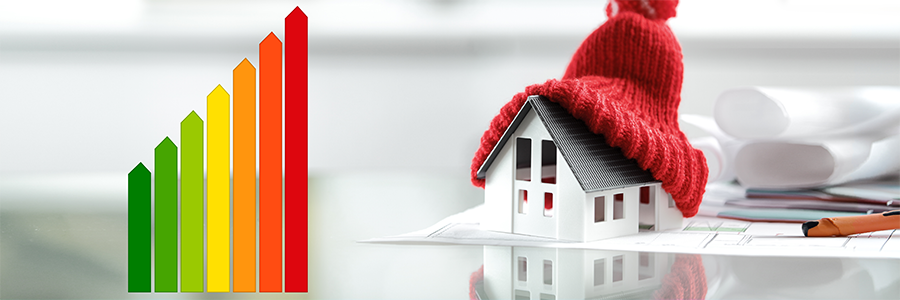
What Season is the Least Expensive to Change The Heater?
Will a New Heater Lower Your Home Insurance?
Introduction
Home upkeep can be a considerable financial investment, especially when it involves essential systems like heating. One of the most substantial costs house owners face is changing their heater. Nevertheless, timing this replacement can lead to considerable savings. This short article explores the best season to replace your heater, considering cost-effectiveness and usefulness.
Comprehending Heater Replacements
The Need for Replacement
Before delving into timing, it’s important to comprehend why and when you need to replace your heater. Typical indications include regular repair work, heating inefficiency, and the system’s age (generally beyond 15-20 years). Changing an out-of-date or malfunctioning heater enhances heating performance and makes sure security and convenience during colder months.
Elements Influencing Heater Prices
Several factors affect heater rates, including the type of heater, brand name, capacity, and the intricacy of installation. Seasonal demand is another considerable factor, frequently ignored, yet it plays an important role in figuring out the cost.
Finest Time for Replacement: Off-Season
Why Select Off-Season?
The off-season, primarily spring and early fall, is generally the most inexpensive to replace a furnace. The demand for heating unit is lower during these durations than during the peak winter season. Lower demand frequently leads to more competitive rates from makers and installers.
Advantages of Off-Season Replacement
- Lower Costs: Minimized demand can lead to discount rates and more customer working out power.
- Schedule of Technicians: HVAC service technicians are less hectic during these times, making sure more flexible scheduling and quicker installation.
- Adequate Time for Research: The off-season gives house owners adequate time to research study different heater models and alternatives without the pressure of instant requirement.
Planning Ahead
Making use of the off-season requires preparation. Anticipate the requirement for replacement and schedule it when the demand is low. This insight saves cash and avoids the trouble of a furnace breaking down in the middle of winter season.
Winter season: The Peak Season
Challenges of Winter Replacement
- Higher Prices: The demand for heater installation and repair peaks during winter season, leading to greater rates.
- Hectic Schedules: Finding a service technician might be more challenging, and you might have to wait longer for an appointment.
- Emergency Replacements: If your heater breaks down in winter season, you might have to opt for an instant replacement, which leaves little room for cost contrast or negotiation.
Other Considerations
Energy Performance and Rebates
Buying energy-efficient models might be more costly in advance however can lead to long-lasting savings. Also, keep an eye out for refunds and tax credits provided for energy-efficient home improvements.
Value of Routine Upkeep
Routine upkeep can extend the life of your heater, delaying the requirement for replacement. It’s an essential aspect of home care that you need to take note of.
Summary
Timing your heater replacement can lead to considerable savings. The off-season, especially spring and early fall, is typically the most economical period for this financial investment. Planning, considering energy performance, and keeping your current heater can optimize expenditures and ensure a warm, comfy home.
Introduction
Homeowners frequently contemplate whether upgrading their home appliances and systems can lead to savings on their home insurance coverage premiums. One common concern is whether setting up a new heater lowers home insurance coverage costs. This short article looks into how a new heater installation might impact your home insurance coverage, offering insights into insurance policies, danger management, and possible savings.
Comprehending Home Insurance Premiums
Before diving into the specifics of heaters and insurance coverage, it’s essential to comprehend what factors affect home insurance coverage premiums. Insurance companies examine various factors, including:
- Property Age and Condition: Insurance coverage Agents see newer homes with updated systems as lower dangers.
- Place: Geographic area and regional climate can significantly affect insurance coverage rates.
- Security Features: The presence of alarms, smoke detectors, and other security devices can reduce premiums.
The Impact of a New Heater on Home Insurance
Setting up a new heater in your home can have several implications for your home insurance coverage:
- Minimized Risk of Fire and Gas Leaks: Modern heaters with sophisticated security features reduce dangers like fire or gas leakages. This danger reduction can be favourable in the eyes of insurance coverage companies.
- Improved Energy Performance: Newer heaters are frequently more energy-efficient, leading to lower energy costs and a minimized environmental footprint, indirectly affecting insurance coverage factors to consider.
- Boosted Home Value: Updating to a new heater can increase your home’s market price, which might affect the coverage you require.
Prospective Insurance Discount Rates
Some insurer use discount rates for home improvements that reduce danger. These might include:
- Protective Device Discounts: You might receive a discount if your new heater contains sophisticated security features.
- Green Home Discounts: Some insurance providers supply special discount rates for setting up energy-efficient devices.
Documents and Appraisal
To utilize a new heater installation for insurance coverage benefits, think about the following:
- Expert Setup: Ensure a certified professional installs your heater, which can be a requirement for insurance coverage benefits.
- Keep Records: Preserve all invoices and documentation for the heater purchase and installation.
- Inform Your Insurance Provider: Inform your insurance provider about the upgrade. They might require an evaluation or additional documentation.
Considerations Before Updating
While a new heater can use benefits, think about the following:
- Cost vs. Benefit Analysis: Evaluate if the long-lasting savings on insurance coverage and energy expenses validate the initial cost of a new heater.
- Insurance Plan Evaluation: Talk to your insurance coverage representative to comprehend how a new heater might specifically impact your policy.
Summary
Updating to a new heater can reduce your home insurance coverage premiums by lowering danger and enhancing your home’s security and performance. Nevertheless, the effect varies based upon individual insurance policies and the particular features of the heater. It’s a good idea to speak with your insurance coverage provider to comprehend the full benefits and implications of a new heater installation.
Frequently asked questions
Q: Just how much can I save on my home insurance coverage by setting up a new heater?
A: Cost savings vary based upon the insurance coverage provider and the particular features of the new heater. Seek advice from your insurance coverage representative for detailed details.
Q: Are there any particular types of heaters that are more favourable for insurance coverage discount rates?
A: Heating systems with sophisticated security features, high energy performance rankings, and those that satisfy particular environmental standards are frequently more favourable.
How to Prepare for a Furnace Installation
Setting up a new heater in your home is a considerable financial investment and an essential upgrade to your home. It boosts the convenience of your home and enhances energy performance. Correct installation preparation is essential to ensure the installation process is smooth and worry-free. This short article will guide you through the necessary steps to get ready for a furnace installation.
Comprehending Your Heating Requirements
Assessing Your Space: The initial step is to examine the size of your space and comprehend the heating requirements. A too-large or too-small heater for your home can lead to inefficiency and greater energy costs. Consulting with a heating professional to figure out the best heater size is essential.
Selecting the Right Heater: There are various heaters, including gas, electric, and oil. Each has pros and cons; the option depends on your area, spending plan, and individual preference. Research and speak with specialists to make a notified choice.
Pre-Installation Preparation
Picking a Qualified Installer: We can not overstate the importance of selecting a certified and experienced installer. Look for specialists with good reviews and appropriate accreditation. They will ensure an appropriate installation and guide you through the process.
Cleaning the Location: Ensure the location where you prepare to set up the heater is clear of any mess. A tidy location supplies simple access to the installation group and speeds up the process. Get rid of any important or fragile items from the area to prevent unintentional damage.
Preparing for Downtime: Depending on the intricacy of the installation, your heater might be down for a couple of hours to a day. Plan appropriately, especially if the installation is during colder months.
During Setup
Access to Your Home: Ensure the installers have simple access to your home, that includes making sure that parking is readily available and a clear course to the heater area.
Interaction: Stay readily available to respond to any questions the installers might have. Clear interaction can assist solve any problems rapidly and ensure your installation goes as planned.
After Installation Checks
Examine the Setup: Once the installation is total, inspect the work with the installer. Ensure that the installation is total which the location is tidy.
Comprehending the System: Have the installer describe the functioning of the new heater, including how to change filters and the fundamental troubleshooting steps.
Warranty and Documents: Guarantee you get all necessary documentation, including warranty details and operating manuals. Keep these documents in a safe place for future referral.
Conclusion
Preparing for a furnace installation involves comprehending your heating requires, selecting the best heater, and selecting a certified installer. By following these steps, you can ensure a hassle-free installation process and enjoy the convenience and performance of your new heater for years to come. Remember, a little preparation goes a long way in making sure a smooth and successful heater installation.
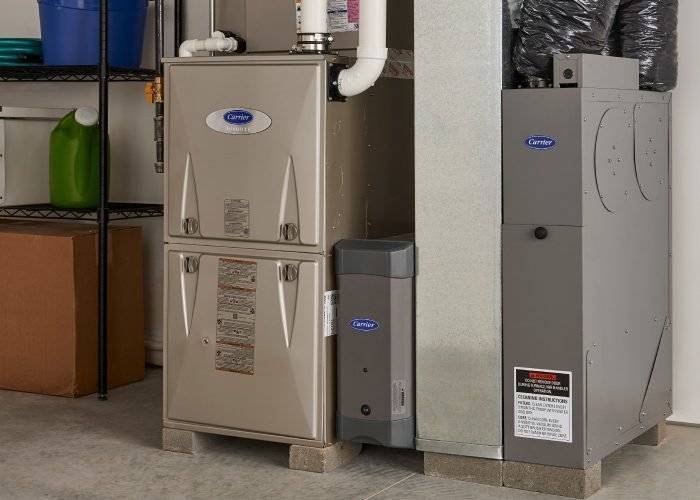
Our Work
